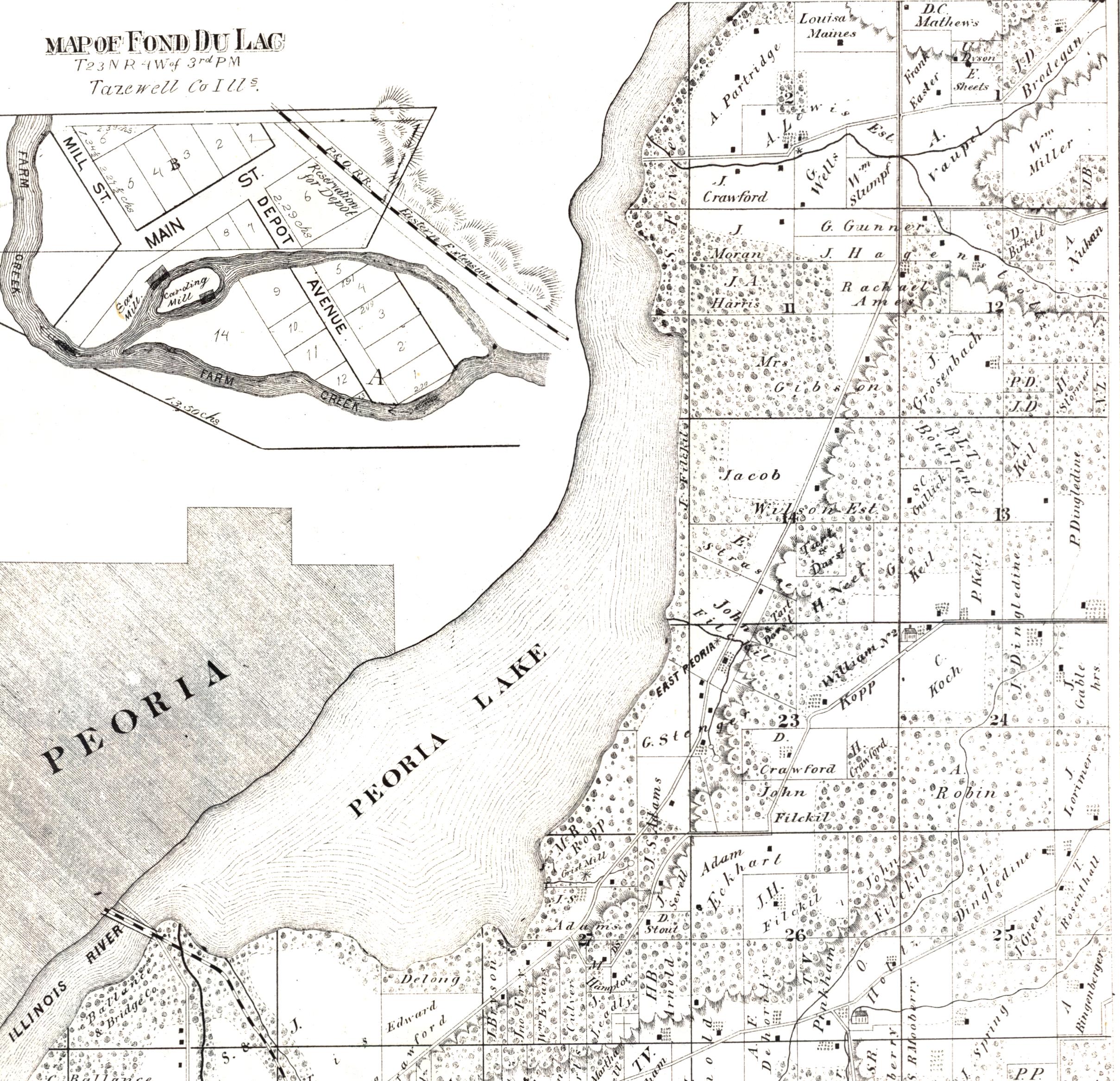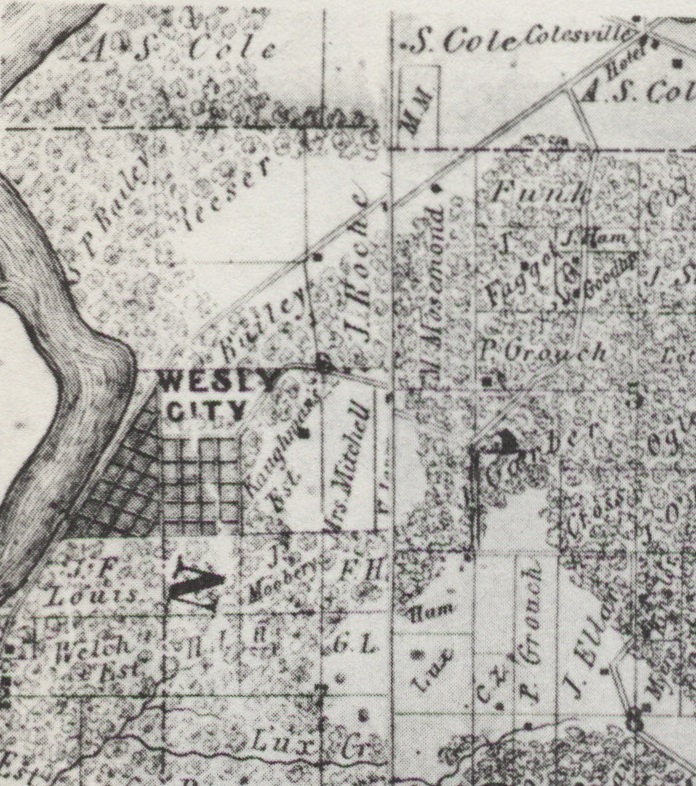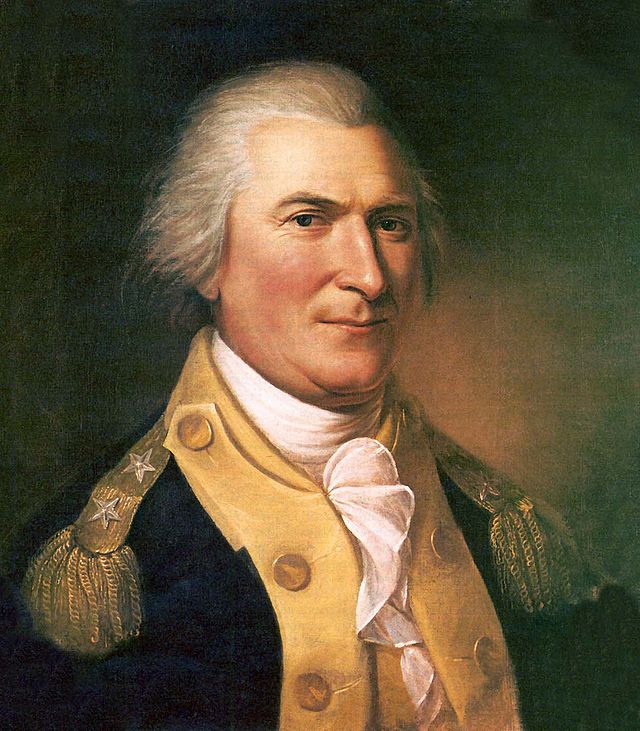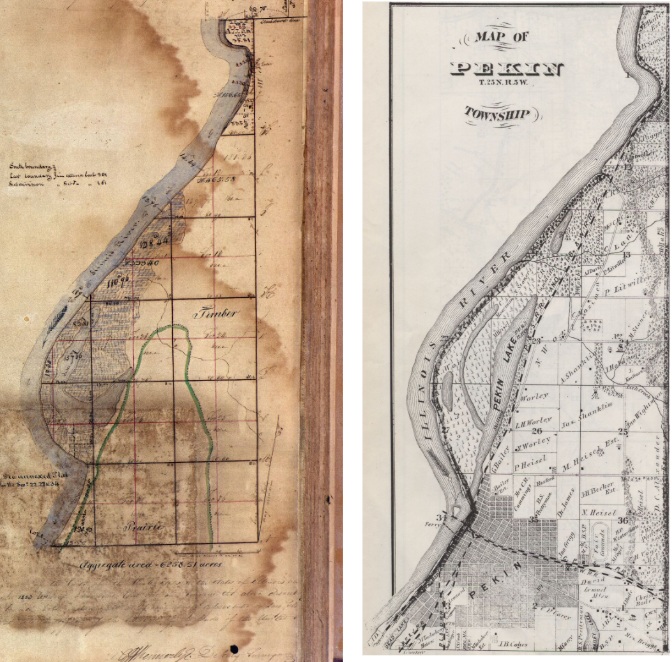More than eight decades have passed since Orson Welles’ radio broadcast of “War of the Worlds” led panicked Americans to believe the East Coast had been devastated by a Martian invasion.
Welles’ adaptation of H. G. Wells’ classic science fiction story, which aired Oct. 30, 1938, was an episode of CBS’ series known as The Mercury Theater on the Air, and was delivered in the style of a news report. Welles played the part of an anxious radio announcer reading breaking news dispatches, and he did so convincing a job that thousands of frightened people across the country believed the earth had really been invaded.
The panic mostly affected the northeastern parts of the U.S. – but it reached even as far as Pekin, as was reported on the front page of the Oct. 31, 1938 edition of the Pekin Daily Times, in a story headlined, “Investigate ‘War of Worlds’ Radio Program; Thousands Thought Eastern United States Had Been Invaded,” with a subheadline, “Pekinites Alarmed.”
Those who were caught in the panic turned had missed the start of the show or did not hear later interruptions of the program, when it was explained that the program was to be presented in the style of breaking news. As the Pekin Daily Times reported, “Altho the program was preceded by an announcement of its nature and was interrupted by the additional statements that it was a dramatization of the Wells novel, thousands of listeners thought they were an actual news report.”

Here are excerpts from the Daily Times story highlighting reports of panicked local residents that the newspaper staff had received:
“The ‘War of the Worlds’ radio program affected Pekin people just as it did others in communities thruout the country which listened to CBS between 8 and 9 p. m. CST last night.
“Scores of people admitted today they were disturbed to the point of extreme anxiety. One Pekin woman suffered a heart attack and fainted despite the fact that her son caught onto the idea immediately, and tried to explain to her.
“One Halloween party here was almost broken up when the bulletins and news flashes were broadcast. One woman sobbed; everybody wanted to go home to their children and loved ones, and when it looked as if the host could no longer control them, the program ended, and what they all thought was the end of the world turned out to be just another radio program. All heaved sighs of relief but later when the hostess served luncheon, which she had very painstakingly prepared, nobody could eat.
“A Pekin business man said his wife became hysterical, and confessed he removed his better slippers and put on shoes ready to run, but added that he didn’t know where he would run. He said all the neighbors were at his house. . . .
“Several Pekin people called relatives in the east to inquire about their safety.
“It was reported that the pastor of the Mackinaw Christian church was informed of the ‘bulletins’ during the evening church service. He told the congregation that an alarming report had been broadcast, and advised them to go quietly to their homes. They gathered in the streets near the church while G. S. Stowell, amateur radio station operator, attempted to contact similar stations in the east to get information.”










